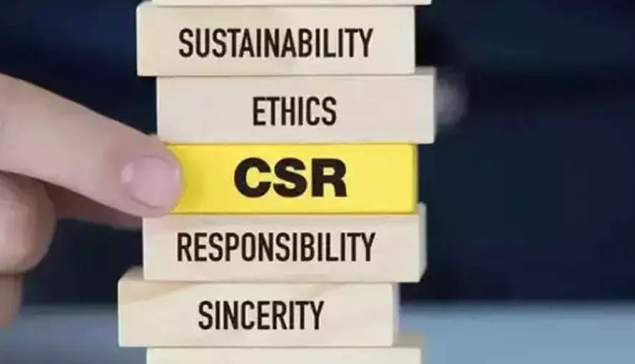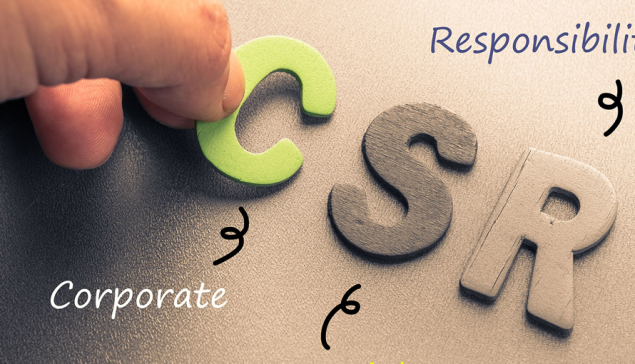Dealing with the lack of standardization in Corporate Social Responsibility (CSR) data can be challenging, but there are strategies and approaches you can use to navigate this issue:
- Focus on Key Metrics: Instead of trying to standardize all aspects of CSR reporting, focus on key metrics that are commonly reported or universally applicable across industries. For example, metrics like carbon emissions, energy usage, and employee diversity can be found in many CSR reports.
- Utilize Frameworks: Consider using established CSR reporting frameworks like the Global Reporting Initiative (GRI) or the Sustainability Accounting Standards Board (SASB) standards. These frameworks provide guidelines for reporting CSR data and can help standardize certain aspects of CSR reporting.
- Benchmarking: Use benchmarking to compare companies within the same industry or region. This approach can help you identify trends and best practices even if the specific metrics vary between companies.
- Qualitative Analysis: While quantitative data is essential, qualitative analysis can provide valuable insights into CSR initiatives and their impact. Qualitative data can include case studies, interviews, and content analysis of CSR reports and narratives.
- Industry Comparisons: When comparing CSR data across companies, consider focusing on specific industries or sectors where reporting practices may be more consistent. Industry-specific benchmarks and standards may exist that can help with standardization.
- Customized Data Requests: If you have access to companies or stakeholders, consider making customized data requests for the specific CSR metrics you need. Some companies may be willing to provide data or insights that are not publicly available.
- Stakeholder Engagement: Engage with stakeholders, including companies, industry associations, and advocacy groups, to understand their perspectives on CSR reporting and data standardization. Collaboration can help drive industry-wide improvements.
- Transparency and Disclosure: Encourage transparency and disclosure in CSR reporting. Companies that voluntarily disclose more information about their CSR activities and impact can provide a clearer picture of their efforts.
- Flexibility in Analysis: When conducting research, be flexible in your analysis. Recognize that you may need to adapt your approach based on the data available. This flexibility can help you work with the non-standardized data you encounter.
- Research Collaboration: Collaborate with other researchers and institutions in the field of CSR. Sharing methodologies, data sources, and best practices can help address standardization challenges collectively.
While the lack of standardization in CSR data remains a challenge, it's also an opportunity for researchers and organizations to contribute to the development of more consistent and meaningful CSR reporting practices. By employing these strategies and advocating for improved CSR reporting standards, you can make progress in overcoming the standardization issue.















